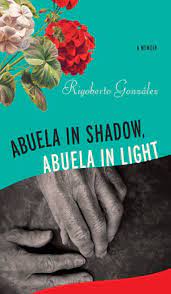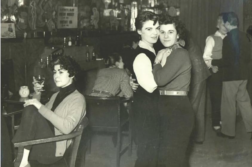This is the most recent of several memoirs by poet and critic Rigoberto González, whose Autobiography of My Hungers was reviewed in the Sept.-Oct. 2013 issue of this magazine. As with his previous memoirs, González avoids repetition by focusing on specific individuals in his large Mexican-American family. In this case, it’s his abuela (grandmother), a member of the Purépecha tribe from Michoacán, Mexico. He remembers her as loving and caring, though not at all demonstrative. He and his brother were sent to live with her and her husband (a physically violent man) in California, and he spent most of his adolescence with them, often traveling back to Michoacán. There he was warned against “predatory homosexuals” lurking at night. González says that he never found any; the only homosexual out there was himself.
Along with other members of his family, he was subjected to sexual abuse when growing up. He knew that an uncle was one of the perpetrators, but a conspiracy of silence engulfed the family. González was able to get away to the University of California-Riverside, where he developed an entirely new persona, joined a folkloric dance company, and believed he was bisexual. Meanwhile, his grandmother, after being widowed, had a close relationship, perhaps an intimate one, with another woman. González reflects on how she had defied gender norms throughout her life, and in old age was living out her destiny.
Martha E. Stone







